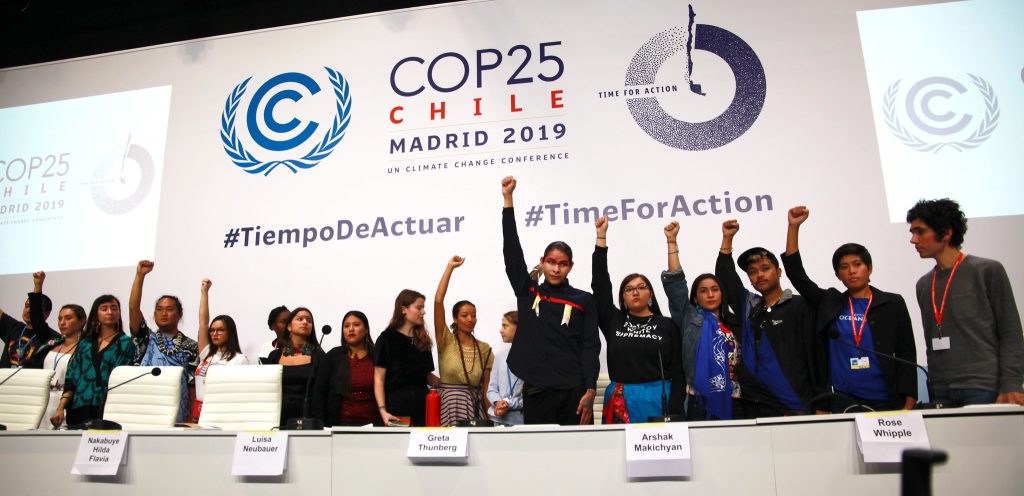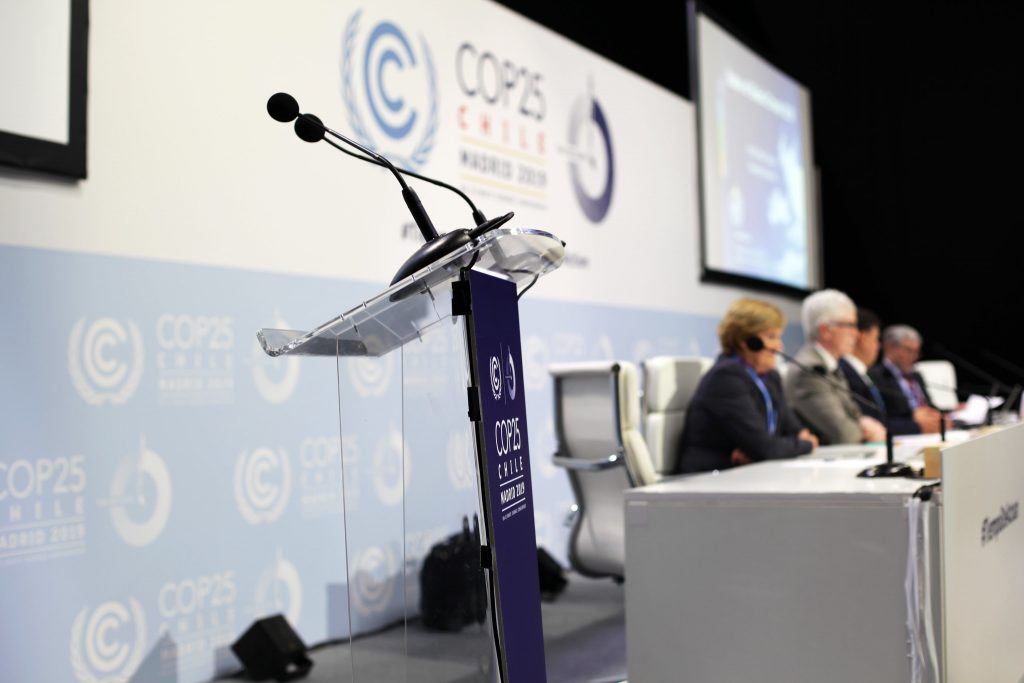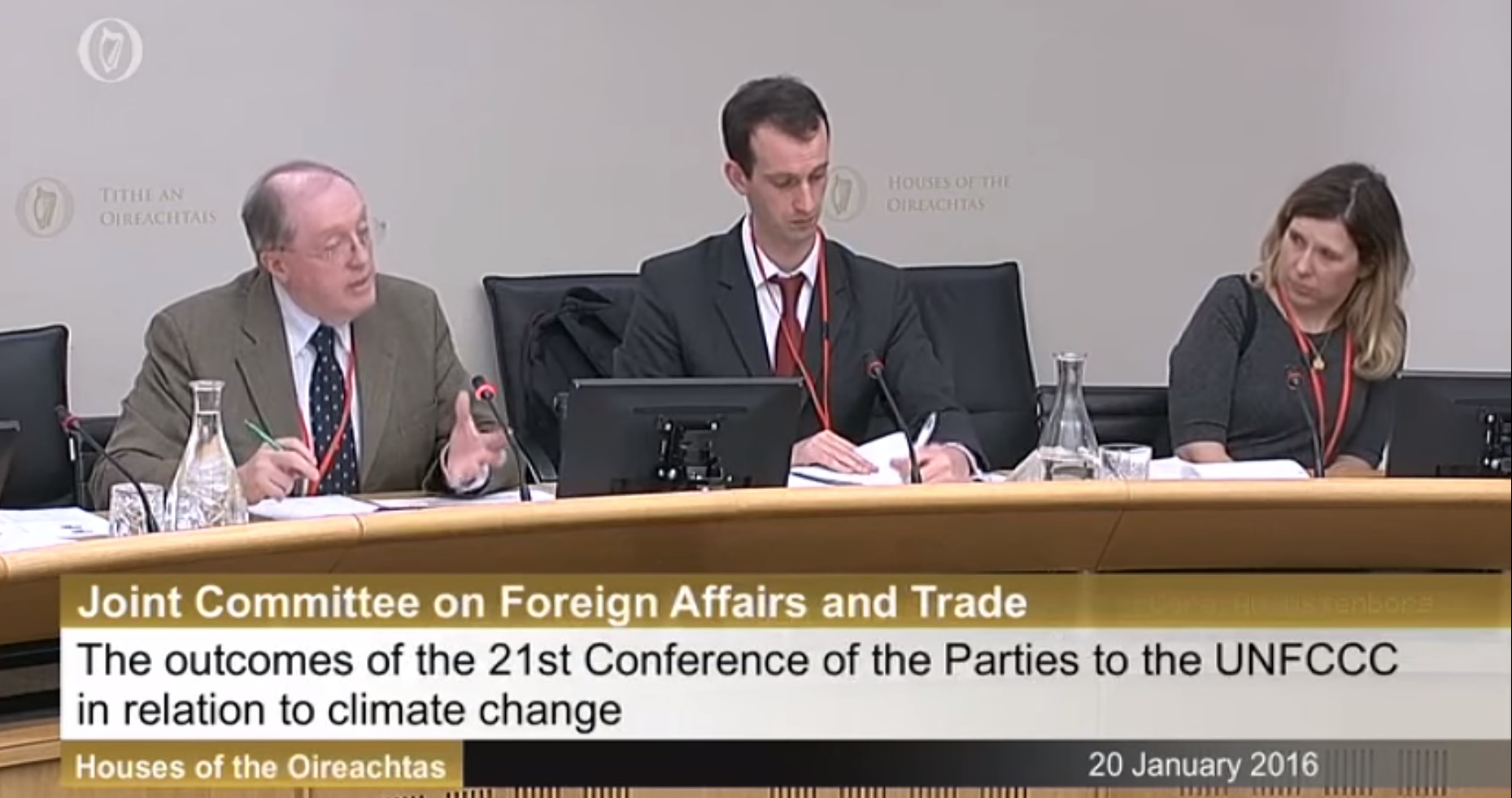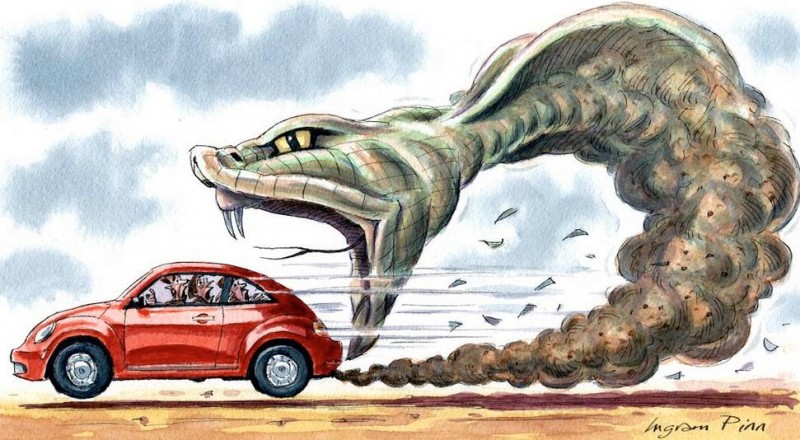Deadlock at COP25 – Can the Chilean President deliver progress?

December 12th, 2019
There are many contradictions at COP25 here in Madrid. Since the meeting was originally scheduled for Santiago in Chile, it is rather as if a piece of Chile was transported to suburban Madrid.
So, the main chairs of the various committees, and the Presidency of the COP, are Chileans, and the main meeting rooms are named after Chilean rivers or landscape features. But the strangest contradiction is probably the USA.
The official US ‘hut’ consists of a bare, square, enclosure with locked doors and a notice that the official delegation can only be contacted by email. In contrast, right next door is a lavish pavilion with multiple events and copious information about what the US is doing to tackle climate change.
But this is the unofficial stand mounted by the progressive states and city mayors who probably are more representative of the strength of feeling of the US population than the federal administration of deniers currently planning their exit from the Paris Agreement this time next year.
Michael Bloomberg was a major provider of finance for the ‘alternative’ US operation and he made an appearance yesterday flanked by his friend, the actor Harrison Ford aka Han Solo or Indiana Jones for us older folks!

Greta calls out failures
The conference was lit up yesterday by yet another stirring address by Greta Thunberg in which she called out the public relations spin, the corporate greed, and the failure of negotiators to listen to the science or indeed to the global clamour of young people.
The UN Secretary-General Antonio Guterres has also been blunt in laying out the existential crisis that is climate change. Other long-standing COP performers were also in sparkling form, including former US Secretary of State John Kerry and former Vice President Al Gore.
There was even a live link up with the European Space Agency’s astronaut on the International Space Station where he repeated the impression of all the astronauts so far of the earth as a fragile beauty.
But the negotiators are not listening, it would seem, and deadlock prevails on several key issues.
The launch of the EU Green Deal set the terms of the debate yesterday as countries negotiated on whether to agree to an objective of global carbon neutrality by 2050. This continues to be a stumbling block for some countries.
But even the Commission is now facing opposition from some countries in the European Council. A plan for increased ambition for the new pledges due in 2020 involving a revision of the 2030 emission targets to incorporate a reduction of 50 to 55 per cent is also not universally agreed among Member States.
Poland, the Czech Republic, and Hungary are holding out despite the ‘sweetener’ of €100 billion for a just transition fund. The problem is also the time scale involved, with the organs of power in the EU only moving very slowly in response to various pressures. Internal differences between the Directorate-Generals are also likely to stall the acceptance of new Nationally Determined Contributions (NDC) until next autumn, possibly not even in time for COP26 in Glasgow in December 2020.
Given the urgency of the climate emergency it must be a paramount priority for Ireland to seek to get the EU targets sorted out, even with emergency meetings of the Council over the next few months. After all, the Council of Ministers managed four emergency meetings over Brexit in recent times.

Irish time to act
These concerns were expressed to the Minister for Climate Action Richard Bruton TD during a meeting with the Irish NGO delegation yesterday.
The Minister was receptive to many of the points raised, including Ireland’s support for increased ambition, and to the establishment of a formal ongoing dialogue.
The NGO delegation emphasised the need for urgency in finalising our next NDC and the subsequent effort sharing among Member States. For his part, the Minister confirmed that new Climate Change legislation was in an advanced stage of preparation and that the Heads of the Bill would be delivered over the next few weeks.
The final submission to Brussels of our long-term strategy to reduce our emission would however now be pushed back to the end of January to enable time to consider the inputs from a public consultation.
On Thursday, the Chilean President of the COP updated the meeting on the key issue of Article 6 of the Paris Agreement, namely the way countries would handle carbon trading. The main obstacle to success in this area remains the position of some countries that want to ‘double count’ credits for forestry, essentially led by Brazil.
Secondly, the issue of carrying over huge unused credits from earlier programs is being highly divisive. Such an arrangement would enable countries such as China, India, and Brazil to continue to hugely increase their emissions and torpedo the Paris objectives.
This is a case where no deal would be preferable to a bad deal and Irish NGOs have communicated this to the Irish negotiators. A fudge here would be highly detrimental to the credibility of the COP.
It can be concluded that stalemate currently exists in many areas. This is not unprecedented in the penultimate day of the COP and a long night of negotiation lies ahead with hopes pinned on the Chilean President of the COP to use her good offices to force an outcome.
But it looks increasingly ominous that the meeting will not conclude as scheduled and once again the clock may be stopped on Friday evening with the delegates possibly returning at least on Saturday.
By Professor John Sweeney
John is emeritus professor of geography, Maynooth University and has taught and researched various aspects of climate change for over 35 years.







